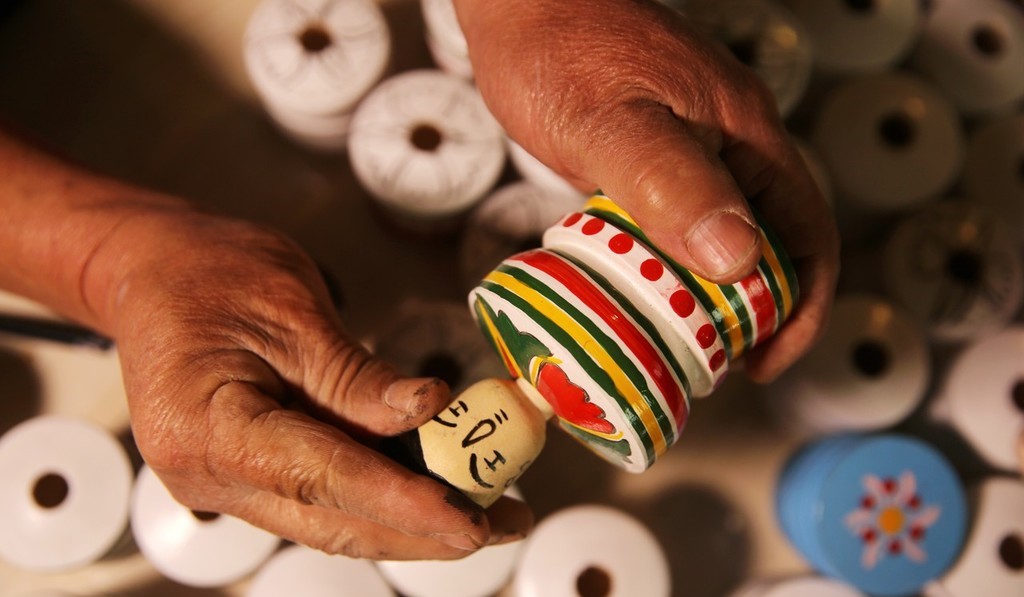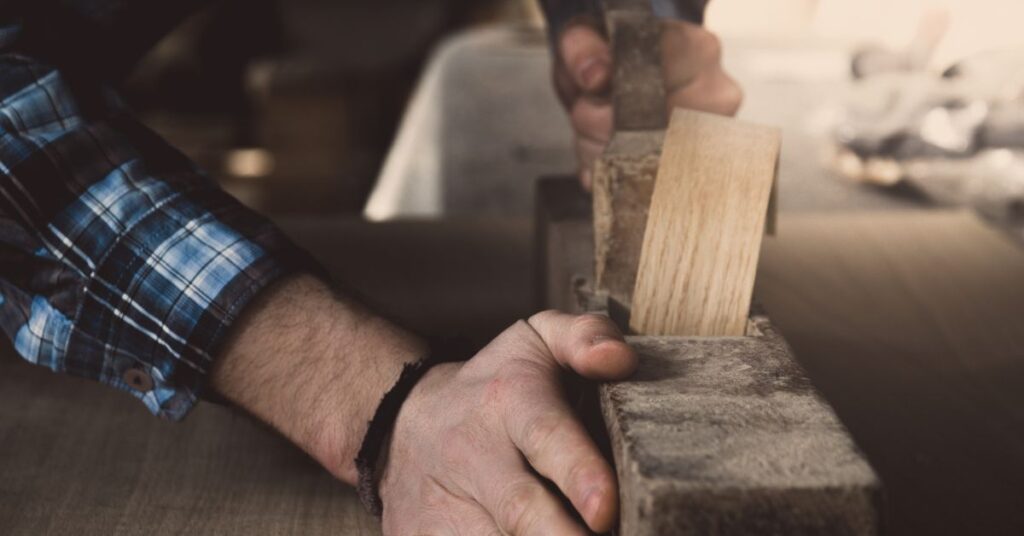
Woodturning is more than just a craft—it’s a tradition passed down through generations, a timeless art form that connects us to our past and shapes our future. As the world changes and technology advances, it’s more important than ever to preserve the tradition of woodturning and pass down the skills and knowledge to future generations. In this article, we’ll explore the importance of preserving tradition in woodturning and examine the ways in which artisans are passing down their skills to the next generation.
The Importance of Tradition
Tradition is the foundation of woodturning, providing a rich tapestry of techniques, styles, and cultural heritage that has been handed down from master to apprentice for centuries. By preserving tradition, we honor the contributions of those who came before us and ensure that their legacy lives on in the work of future generations.
“Tradition is what gives woodturning its soul,” says John Smith, a master woodturner with over 40 years of experience. “It’s the knowledge, skills, and techniques that have been passed down through generations, shaping the way we approach the craft and inspiring us to create meaningful and beautiful work.”
Passing Down the Craft

One of the most important ways to preserve tradition in woodturning is by passing down the craft to the next generation. This can take many forms, from formal apprenticeships and mentorship programs to informal teaching and community workshops.
“I was fortunate to have a mentor who took me under his wing and taught me the art of woodturning,” says Emily Johnson, a young woodturner who discovered her passion for the craft at a young age. “His guidance and encouragement were invaluable to me as I developed my skills and found my own voice as an artist.”
Formal Apprenticeships
Formal apprenticeships are a traditional way of passing down woodturning skills from master to apprentice. Apprentices work closely with a master woodturner, learning the techniques, methods, and secrets of the craft through hands-on experience and instruction.
“Apprenticeships are a time-honored tradition in woodturning,” says David Brown, a master woodturner who has trained numerous apprentices over the years. “They provide a structured framework for learning and allow apprentices to immerse themselves fully in the craft, gaining practical experience and invaluable insights from a seasoned professional.”
Community Workshops and Classes
Community workshops and classes offer another avenue for passing down woodturning skills to the next generation. These workshops provide opportunities for beginners to learn the basics of woodturning in a supportive and collaborative environment, while more advanced classes offer instruction in specific techniques and projects.
“I started taking woodturning classes at my local community center when I was in high school,” says Sarah Miller, a budding woodturner who hopes to pursue a career in the craft. “It was a great way to learn the fundamentals of woodturning and connect with other enthusiasts who shared my passion for the craft.”
Embracing Innovation While Preserving Tradition

While it’s important to preserve tradition in woodturning, it’s also essential to embrace innovation and adapt to changing times. Technology, materials, and techniques are constantly evolving, offering new opportunities for creativity and expression in woodturning.
“We can’t be afraid to embrace new technologies and techniques in woodturning,” says Mark Davis, a woodturning instructor who teaches both traditional and modern methods. “By blending tradition with innovation, we can keep the craft alive and relevant for future generations.”
Preserving tradition in woodturning is essential for honoring the legacy of those who came before us and ensuring that their knowledge and skills are passed down to future generations. Whether through formal apprenticeships, community workshops, or informal teaching, woodturners have a responsibility to share their passion and expertise with others. By embracing tradition while also embracing innovation, we can keep the craft of woodturning alive and thriving for generations to come.
